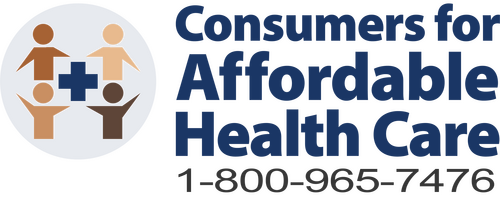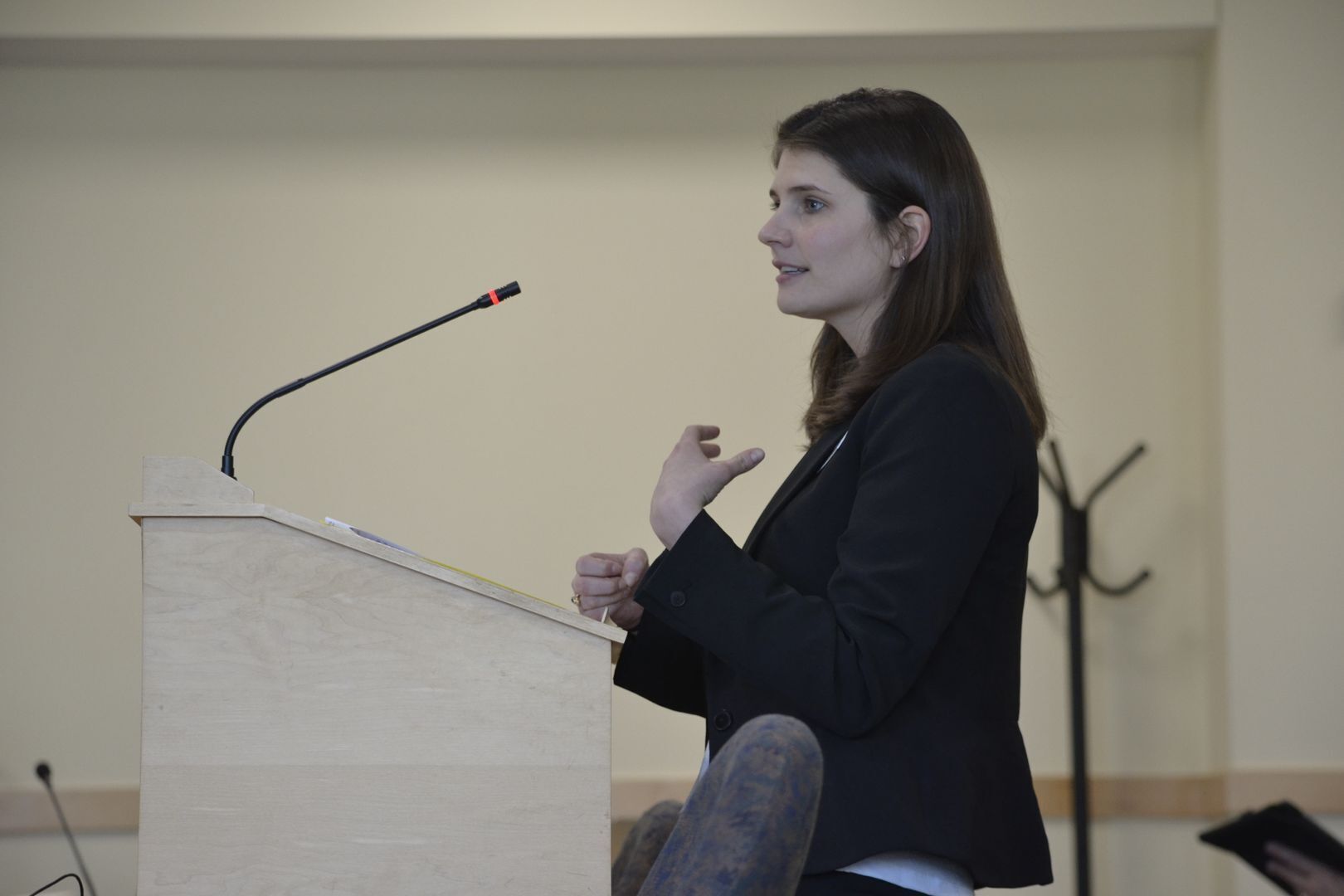CAHC’s consumer focus is broad. Our efforts to protect consumers range from assisting Mainers with enrolling in public or private insurance, helping challenge denied claims for insurance coverage, and filing complaints with the Maine Bureau of Insurance and the US Department of Labor. These data, collected when consumers contact our Consumer Assistance Program, inform our advocacy efforts at both the state and local level.
On a systemic level, CAHC works tirelessly to ensure consumer protection gains made over the last 35 years are robust and enforced. For example, Maine’s law to protect consumers from surprise medical bills (an unexpected balance bill for medical services other than emergency services, from an out-of-network provider) anticipated the federal version by four years. Enacted in 2018, Maine’s law requires insurers to hold enrollees harmless for amounts beyond in-network level of cost sharing. CAHC has handled multiple complaints to the Maine Bureau of Insurance on this issue. The federal version, the No Surprises Act, went into effect in 2022.
UNDER CONSTRUCTION PLEASE COME BACK LATER
Current work:
No Surprises Act:
On January 1, 2022 the federal No Surprises Act (NSA) went into effect, the result of a bipartisan effort to limit consumer liability for unexpected out-of-network charges for medical care. Surprise bills often occur when consumers receive emergency care, but also arise in cases where multiple providers furnish treatment. According to Kaiser Family Foundation (KFF), two out of three Americans are worried about unexpected medical bills. And in a Petersen-KFF study, one in five emergency claims and one in six in-network hospitalizations include at least one out-of-network bill.
KFF has produced a short video explaining NSA. Basically, the law requires health insurance companies to cover certain out-of-network services as though they are in-network and apply in-network cost sharing. NSA applies to both employer-based plans and private insurance. The law protects consumers in most emergency situations in hospitals, free-standing emergency centers, and urgent care centers. It also applies to air ambulance services (but not ground ambulance). Consumers will also be protected by NSA in post-emergency “stabilization” situations and some non-emergency services provided at in-network facilities.
NSA also prohibits balance billing, i.e., when providers hold consumers liable for the difference between what they charge and the amount the insurance company “allows.” There is an exception in non-emergency situations, however, when the provider furnishes the consumer with written notice at least 72 hours in advance and obtains the consumer’s written consent.
Maine law already protects consumers from surprise medical bills. It requires insurers to hold enrollees harmless for amounts beyond in-network level of cost sharing. Maine law also prohibits out-of-network providers from billing enrollees for any amount beyond in-network level of cost sharing.


